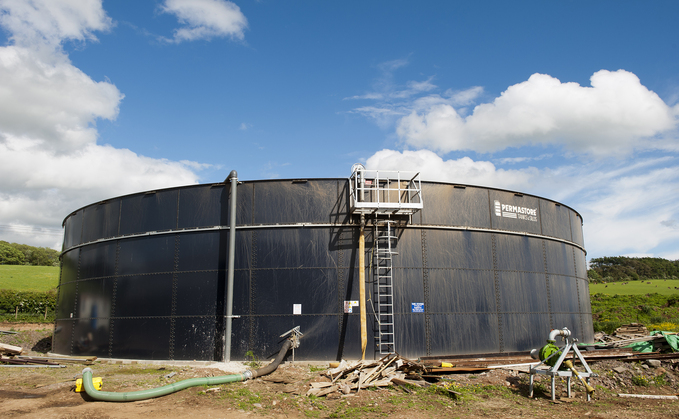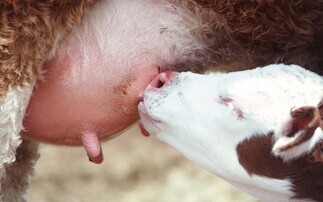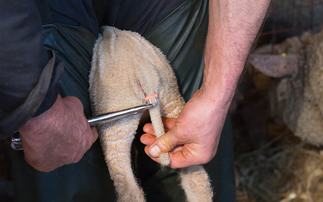
Hydrogen sulphide can be just as deadly outside as it is in confined spaces.
Livestock farmers have been warned of the risks of hydrogen sulphide, a deadly gas emitted by slurry which is responsible for farming fatalities every year. The Wales Farmer Safety Partnership (WFSP)...









.png)



